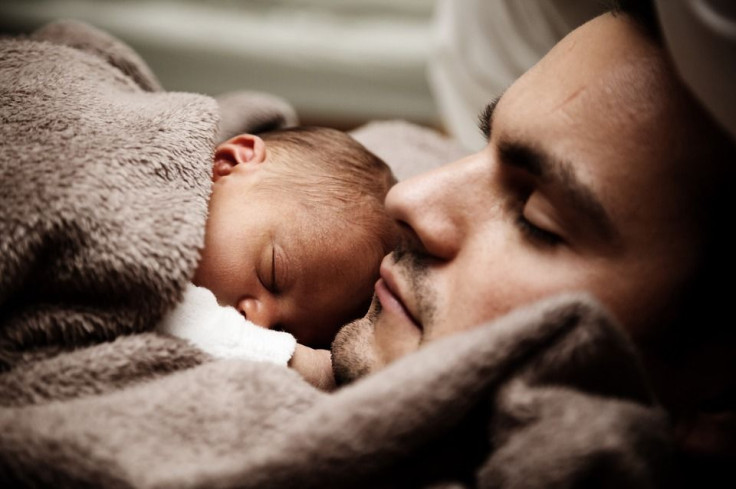Tricking Your Mind Into Falling Asleep: Placebo Eases Insomnia Symptoms, Review Says

Taking placebos, or “fake pills,” may be more effective at treating insomnia than getting no medical care at all, according to a review of sleep research.
A team of researchers analyzed 13 independent studies that involved participants who were given either a placebo that they were led to believe was an active treatment, or given no treatment at all. In some of the studies, the subjects were diagnosed with insomnia, whereas in others, their symptoms were self-reported.
Compared to the subjects who weren’t assigned to receive any treatment, those who took the placebos reported more improvements in their length of time to fall asleep, total time they sleep, and overall sleep quality.
Read: How To Sleep Better: 7 Bedtime Tips From A Former Insomniac, From Best Time To Temperature
“The comparison with no treatment means that we can be sure that the improvement we observed was due to a genuine placebo effect, rather than being an artifact of simply taking part in a trial,” senior study author Dr. Ben Colagiuri, told Reuters. “The study provides new evidence that genuine placebo effects exist for insomnia treatments.”
Furthermore, Colagiuri notes it’s not known why those who took the placebo report getting better sleep, but one theory is that the act of taking the pill works as an anxiety relief.
One of the most significant limitations of this research is that there’s limited data on placebo effects for objective insomnia symptoms. A majority of the 566 participants in the review reported subjective symptoms, meaning ones they perceived, rather than symptoms observed by the researchers.
The authors conclude that future insomnia research should involve more controlled studies that test if the placebo effect exists among insomnia patients with objective symptoms.
Insufficient sleep is recognized as a public health problem. As many as 70 million adults in the United States have a sleep disorder and the most common is insomnia, according to the American Sleep Association.
Insomnia can have a range of effects, including making it hard to fall asleep, hard to stay asleep, or cause you to wake up earlier than planned and not being able to fall back asleep. Other symptoms include daytime tiredness, irritability, difficulty focusing, and ongoing worries about sleep, Mayo Clinic reports.
Some of the common causes of chronic insomnia are stress, travel or work schedule, mental health disorders, and medications.
If you suspect you may have insomnia, your doctor will work with you to identify a cause. Depending on your situation, a few different things may done, such as a physical exam, sleep habits review, or sleep study. Upon diagnosis, treatment typically involves improving sleep habits through self-care, therapies, such as cognitive behavioral therapy, or sleep medications, either prescription or over-the counter. Many people will also try alternative practices, like acupuncture, yoga, tai chi, or meditation; however, more research is needed to evaluate their effectiveness.
See also: Insomnia Cure Research 2017: Placebo Treats Sleep Problems As Well As Neurofeedback
Insomnia, Obesity, and More: Here’s How Technology Affects Your Health
Published by Medicaldaily.com



























